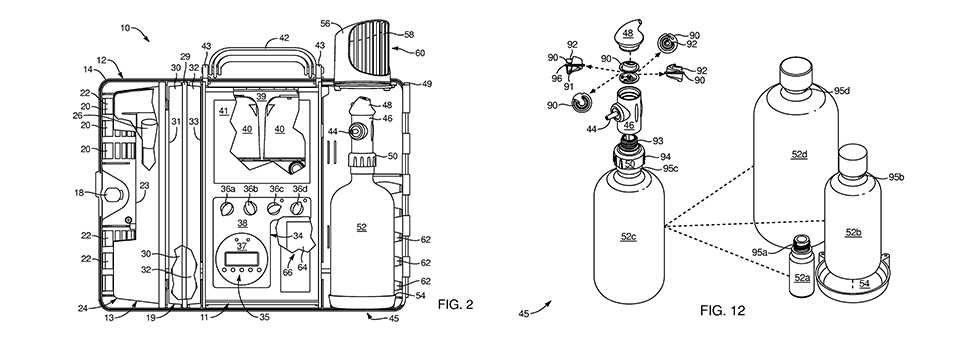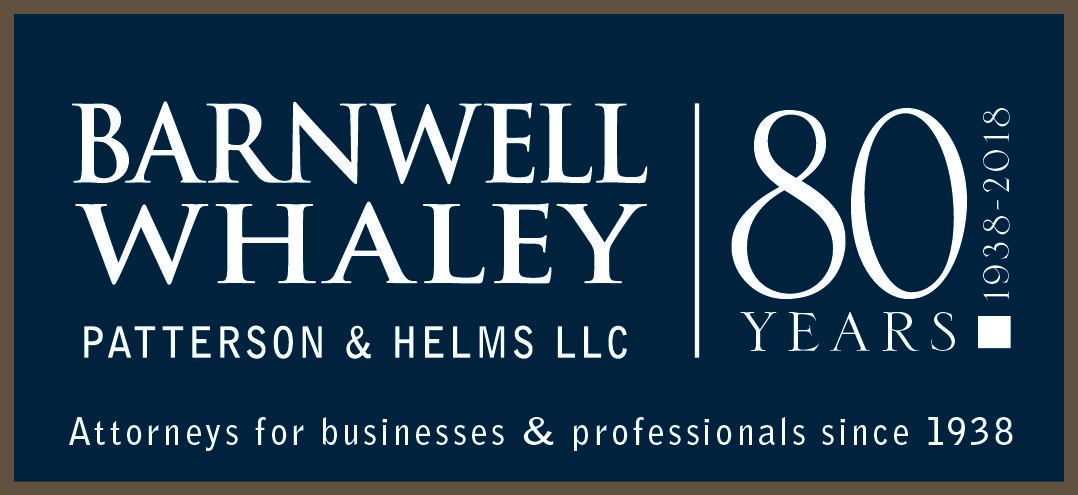
Esip Series 2, LLC v. Puzhen Life USA, LLC
No. 2019-1659 Fed. Cir. Before Circuit Judges Lourie, Reyna, and Hughes.
The Court affirmed the decision of the Patent Trial and Appeal Board that certain claims of ESIP’s patent are invalid as obvious. The Court also rejected ESIP’s argument that the Board should not have instituted inter partes review because Puzhen failed to identify “all real parties in interest” as required by 35 U.S.C. § 312, finding that the Board’s decision to institute inter partes review was non-appealable.
U.S. Patent No. 9,415,130 (“the ’130 patent”) relates to a “system and method for combining germicidal protection and aromatic diffusion in enclosed habitable spaces.” ESIP challenged four fact findings by the Board in determining that the claims at issue would have been obvious. The Court determined that all four fact findings were supported by substantial evidence. The Court found no error in the Board’s decision to credit the opinion of one expert over another and expressed that it does not reweigh evidence on appeal.
A petition under 35 U.S.C. §312(a) requires five factors, one of which the is the identification of all real parties in interest (§312(a)(2)). The Board’s determination that a petitioner had satisfied the requirement of §312(a)(3) — that the petitioner identify with particularity each claim challenged, the grounds of each challenge, and the supporting evidence — was found to be non-appealable under § 314(d) in Cuozzo Speed Techs., LLC v. Lee, 136 S. Ct. 2131 (2016) (“where a patent holder grounds its claim in a statute closely related to that decision to institute inter partes review, §314(d) bars judicial review.”). In Thryv, Inc v. Click-To-Call Techs., LP, 140 S. Ct. 1367 (2020), the Supreme Court held that §314(d) also precludes judicial review of the agency’s decision whether to apply the one-year time bar set forth in § 315(b).
The Court found “no principled reason why preclusion of judicial review under §314(d) would not extend to a Board decision concerning the ‘real parties in interest’ requirement of § 312(a)(2).”
Read more: Federal Bar member attorneys may access the full case summary by Barnwell Whaley attorney Bill Killough in the June issue of Federal Circuit Case Digest Additionally, you may read the full opinion here.

B.C. “Bill” Killough is a registered patent attorney with Barnwell Whaley law firm with offices in Charleston, SC and Wilmington, NC. On behalf of his clients, Bill has obtained more than 300 United States patents, participated in prosecuting more than 100 foreign patent applications and he has filed more than 1000 trademark applications with the US Patent and Trademark Offices.




